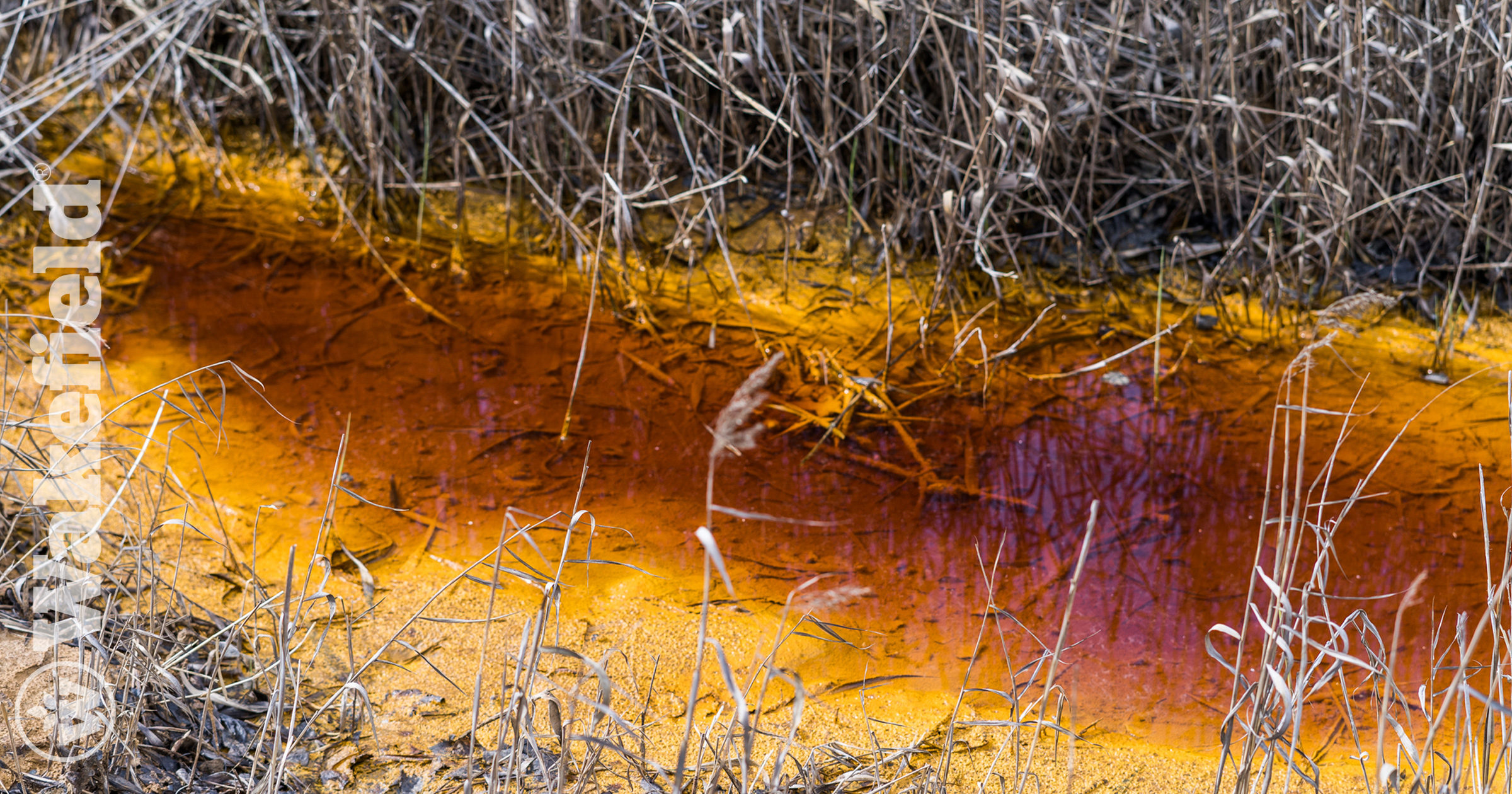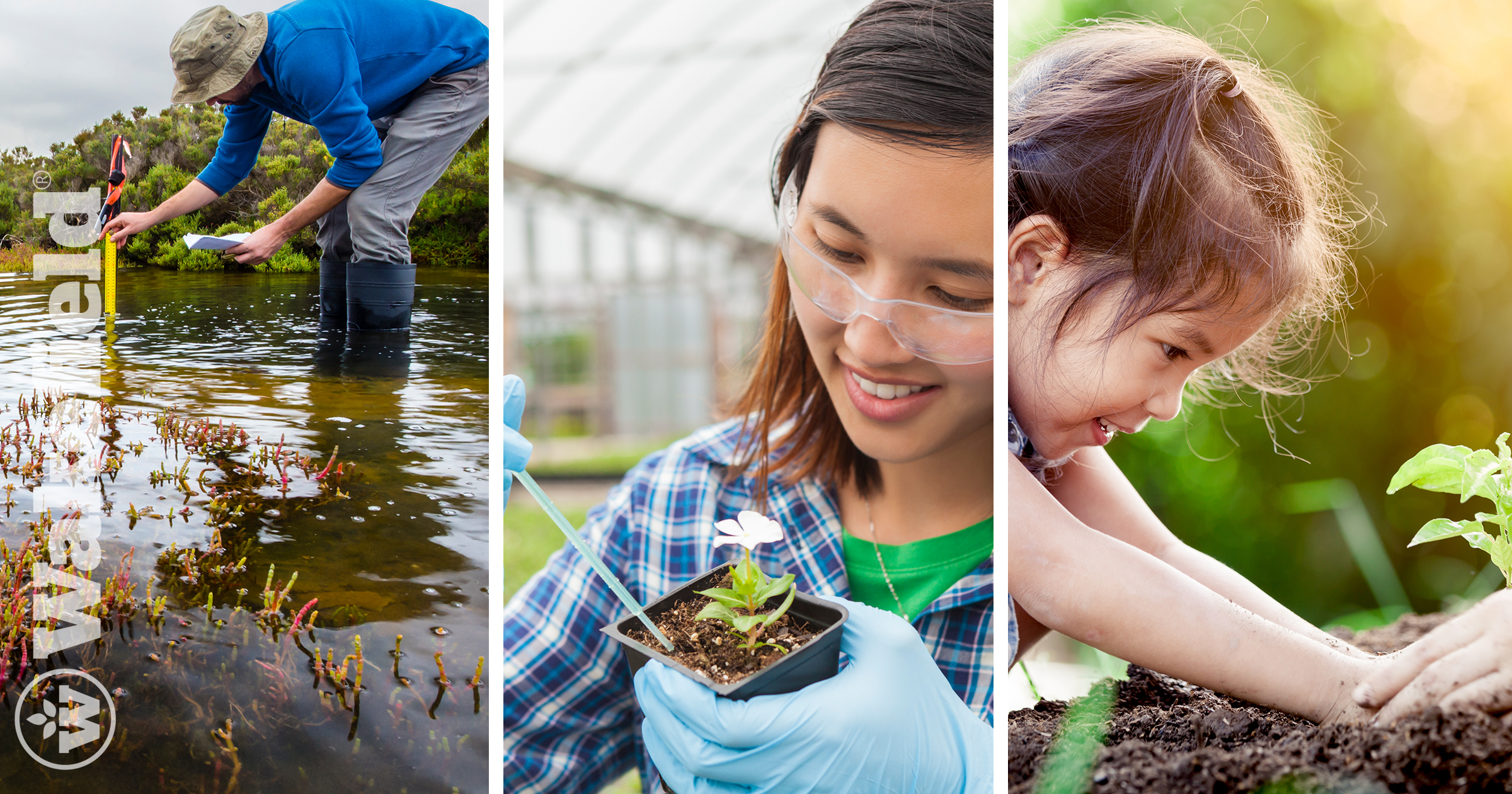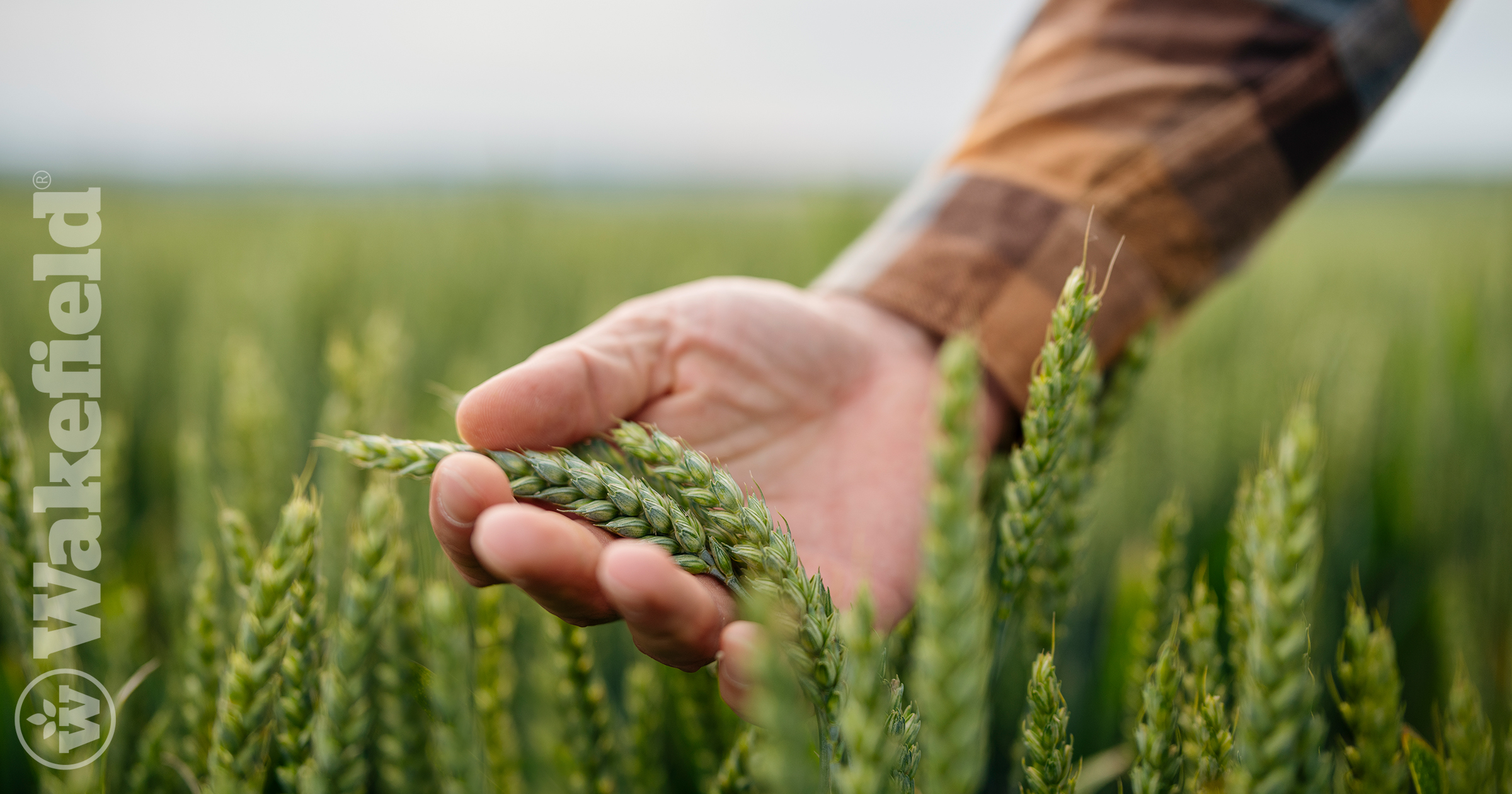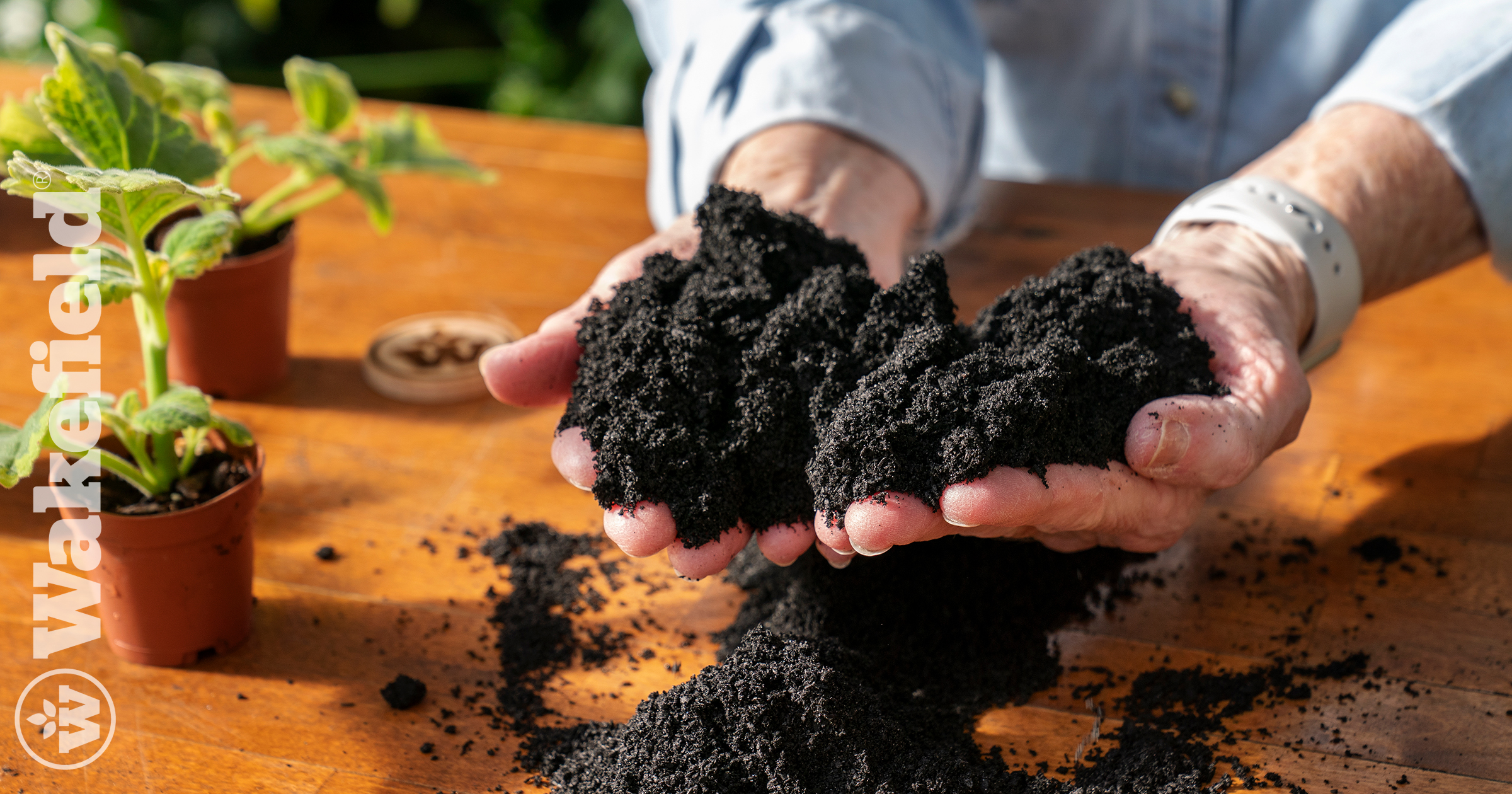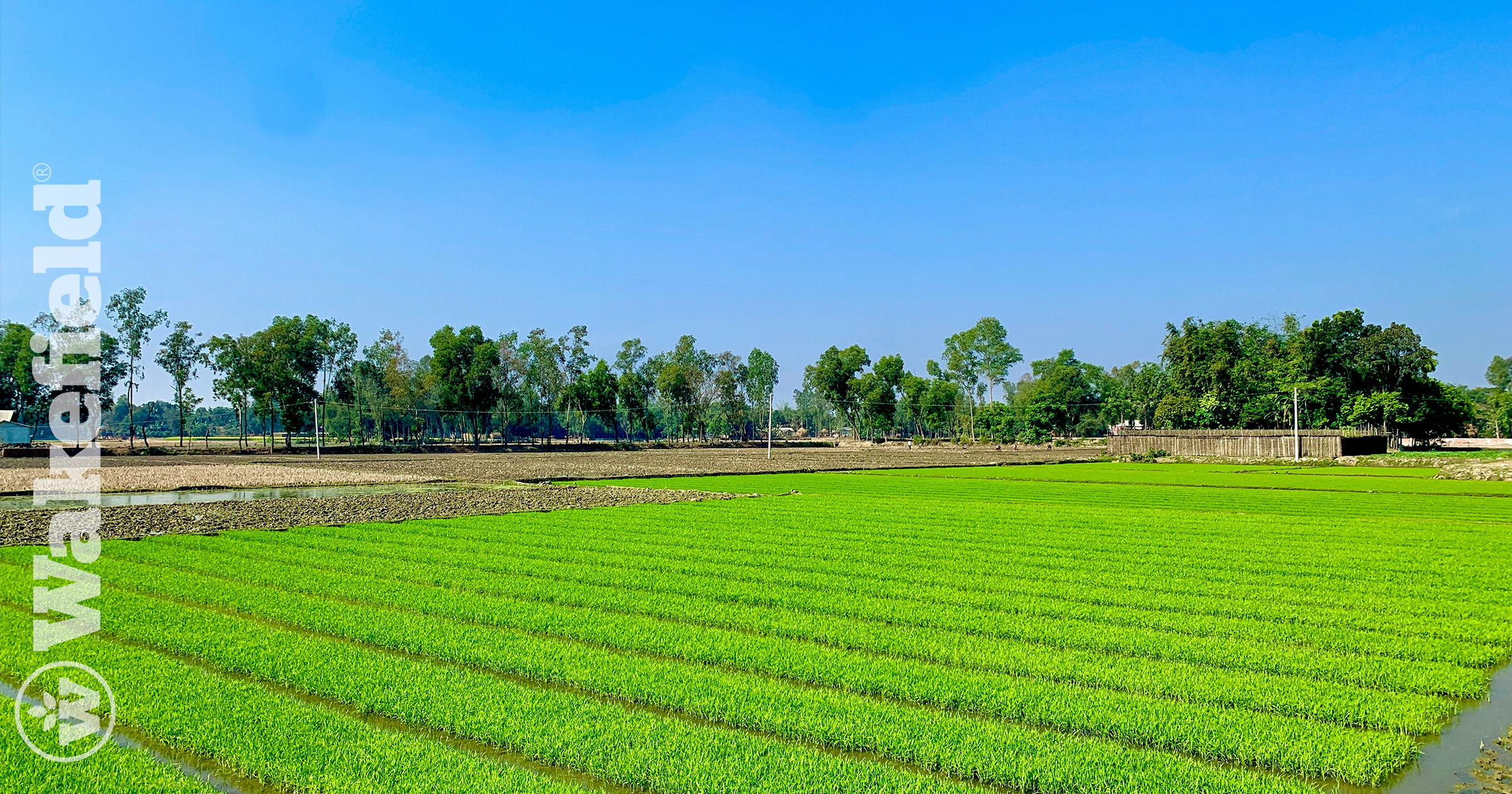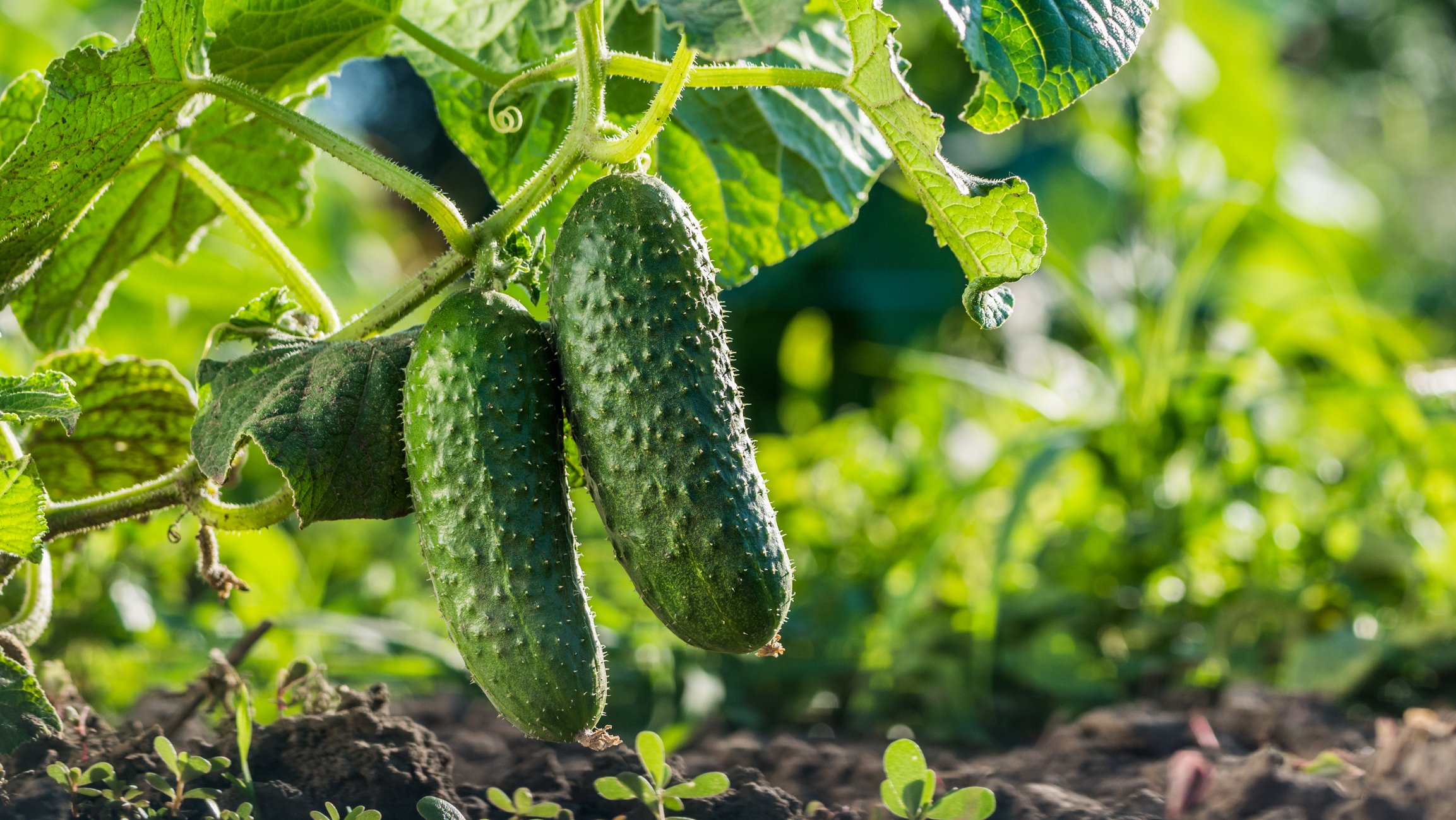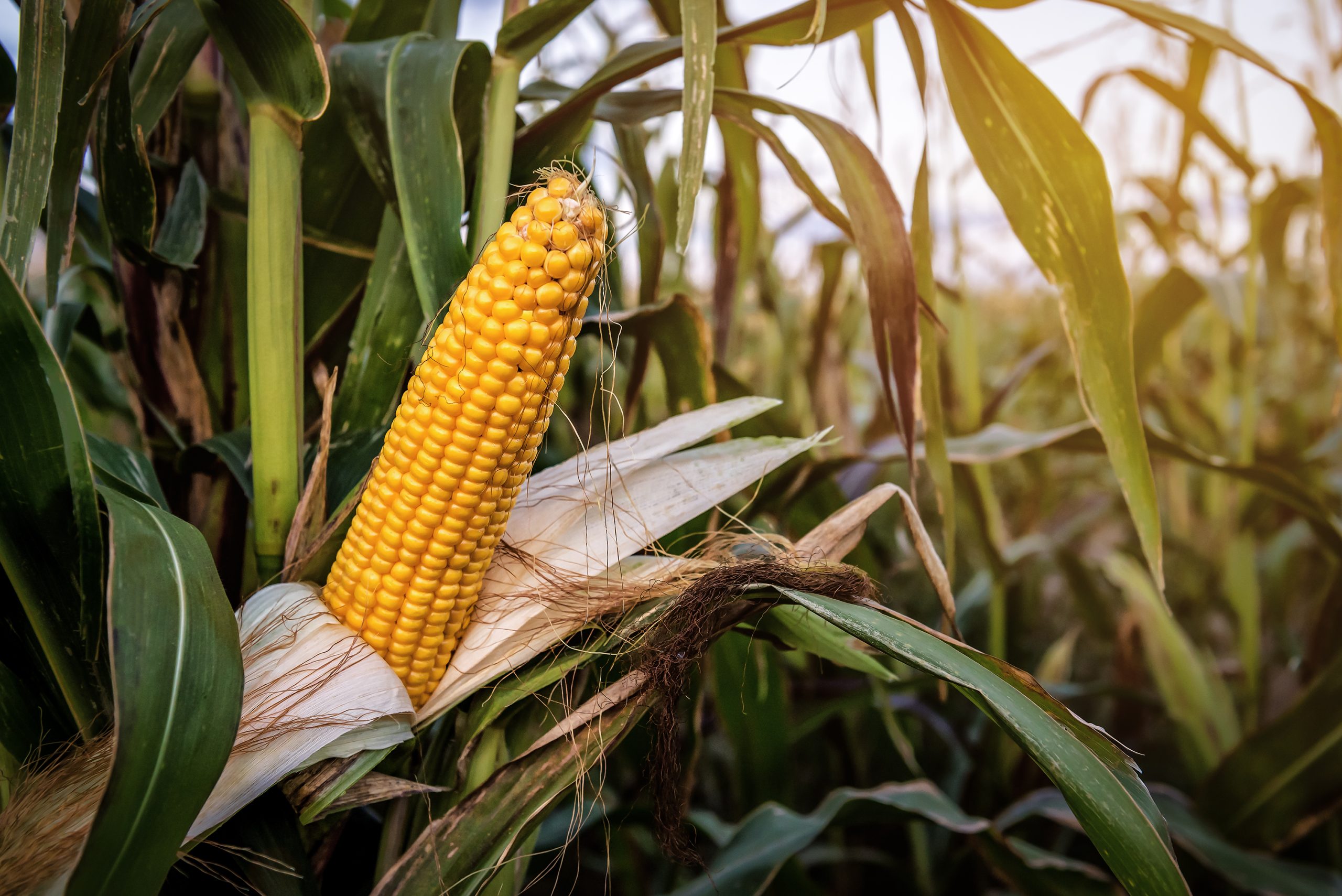
Learning Center
Explore practical articles, expert insights, and step-by-step guides to enhance your gardening.


Learning Center Topics
The following articles appear under the The Science of Biochar category:
Amendment of biochar reduces the release of toxic elements underdynamic redox conditions in a contaminated floodplain soil
Biochar can transform contaminated soils by reducing harmful elements, improving soil health, and protecting water quality, all while helping to fight climate change.
Biochar Summary of Benefits
Get a comprehensive overview of biochar’s benefits for soil health, plant growth, and environmental sustainability.
Biochar impact on crop yields.
Discover how biochar can significantly improve crop yields by enhancing soil quality and nutrient retention.
Research confirms biochar benefits
Discover the latest research that confirms the numerous benefits of biochar for soil health and agricultural productivity.
Using less chemical fertilizer with biochar improves soil and boosts yields
Researchers found that moderate biochar use in rice farming improves soil quality and yields, while excessive amounts are less effective, highlighting the need for balanced biochar application to reduce reliance on chemical fertilizers.
ForesTrust Announces Leadership Council with Wakefield Biochar to Pioneer Transparency in Forest Supply Chain
The newly formed Leadership Council of ForesTrust includes Domtar, Wakefield Biochar, Thompson Appalachian Hardwoods, Enviva, and the U.S. Endowment for Forestry and Communities, with technology support from Chainparency.
Biochar Amendment and Nitrogen Fertilizer Contribute to the Changes in Soil Properties and Microbial Communities in a Paddy Field
Combining biochar and nitrogen fertilizer improved soil quality, boosted rice yield, and increased beneficial microbes in paddy fields, enhancing crop growth.
New Research Shows How Biochar and Smarter Irrigation Can Save Water and Support Crop Growth in West Texas
A groundbreaking field study conducted by Arjun Kafle, Sukhbir Singh, Manpreet Singh, Preetaman Bajwa, Sanjit Deb, Catherine Simpson, and Glen Ritchie offers critical insight into how farmers in dry regions can save water while still producing strong cucumber yields. Over two years, this team of researchers explored the combined effects of deficit irrigation (DI) and […]
Smarter Water Use for Growing Sweet Corn: What the Research Shows
Based on research by Arjun Kafle, Sukhbir Singh, Sanjit Deb, Catherine Simpson, and Glen Ritchie(Crop Science, 2025, Texas Tech University), water is a precious resource—especially in hot, dry places like West Texas. For farmers growing sweet corn, managing water wisely is more important than ever. A 2-year field study led by Arjun Kafle and his […]
